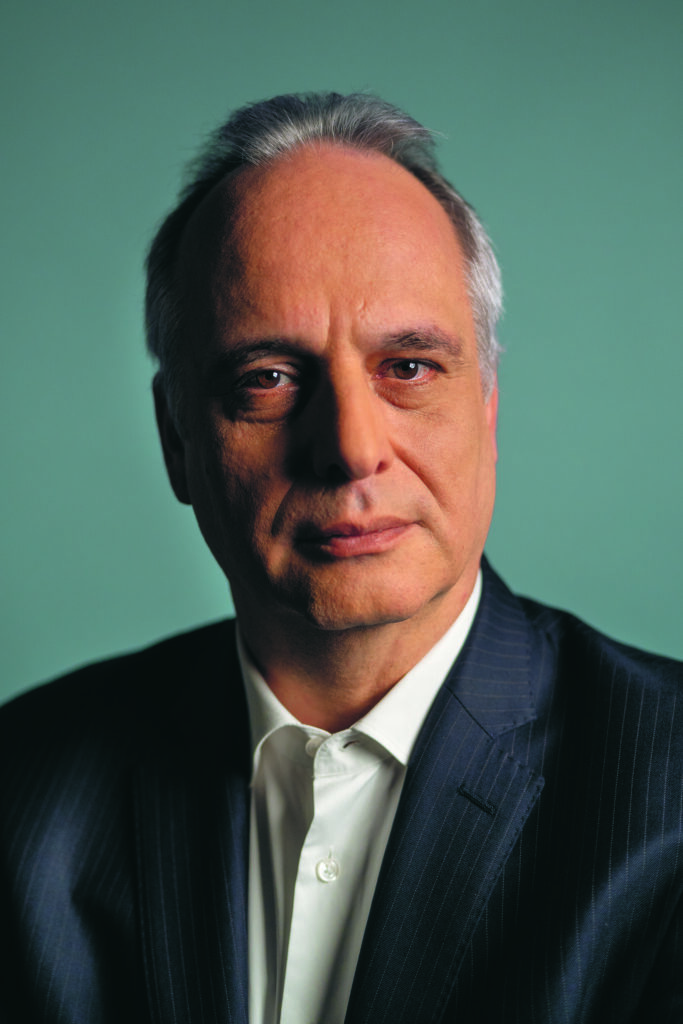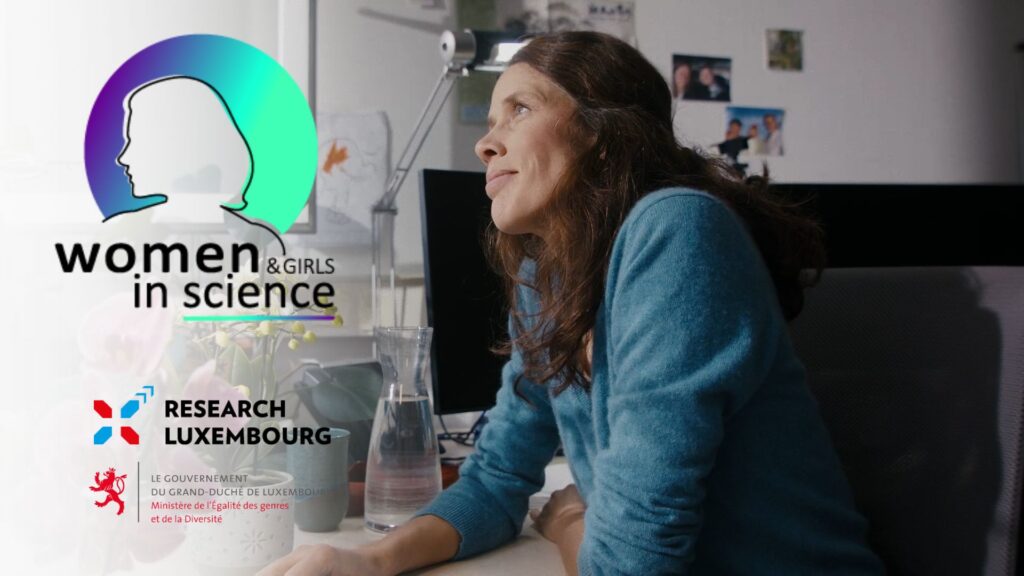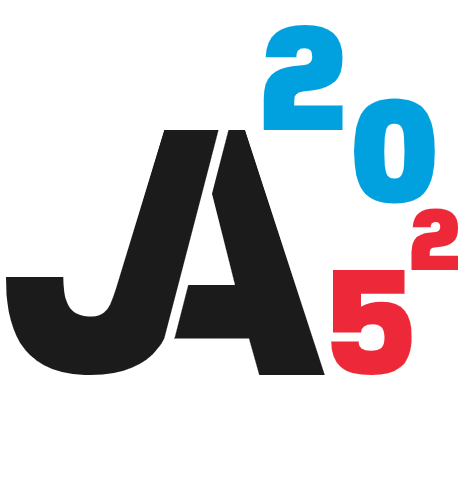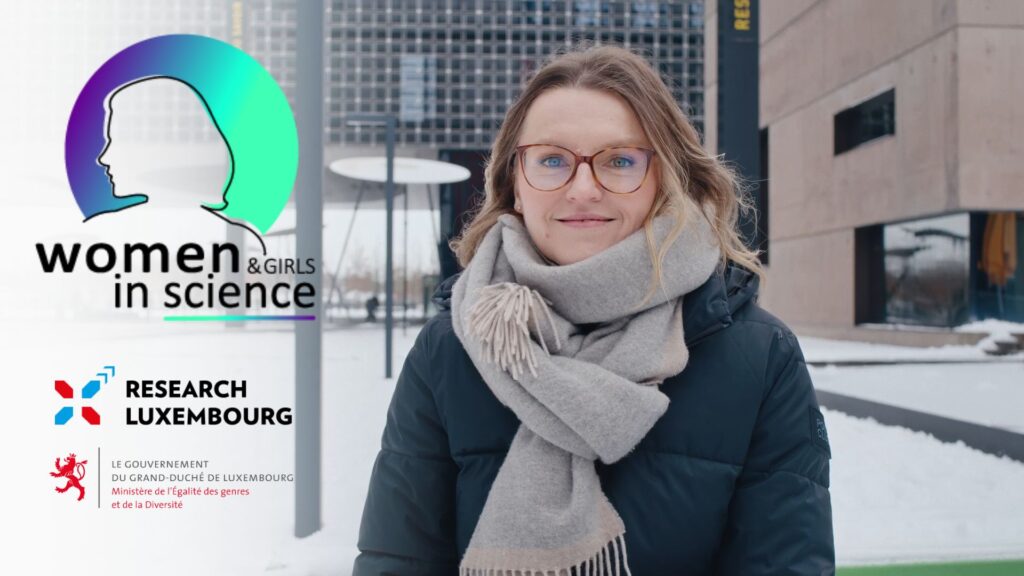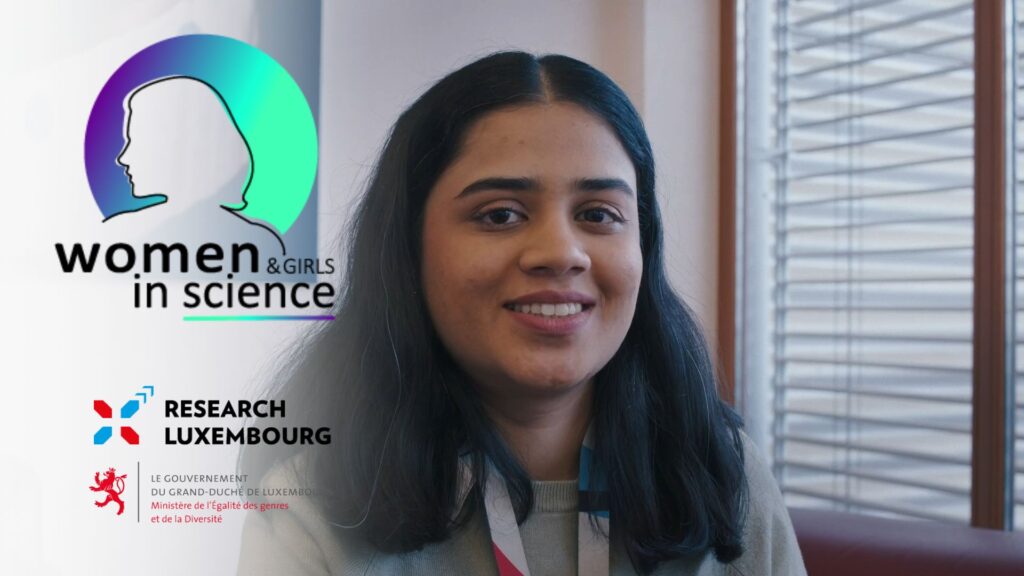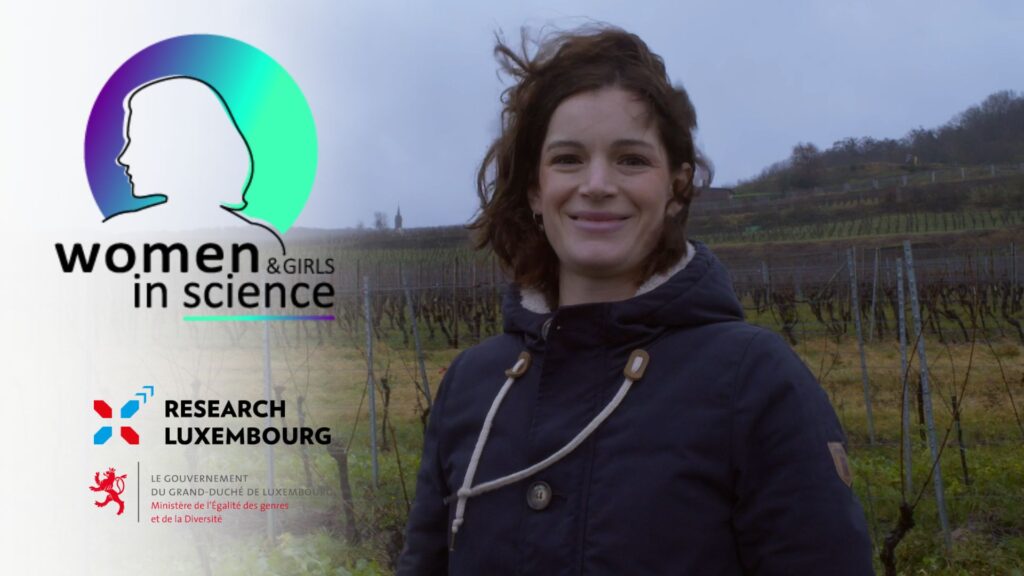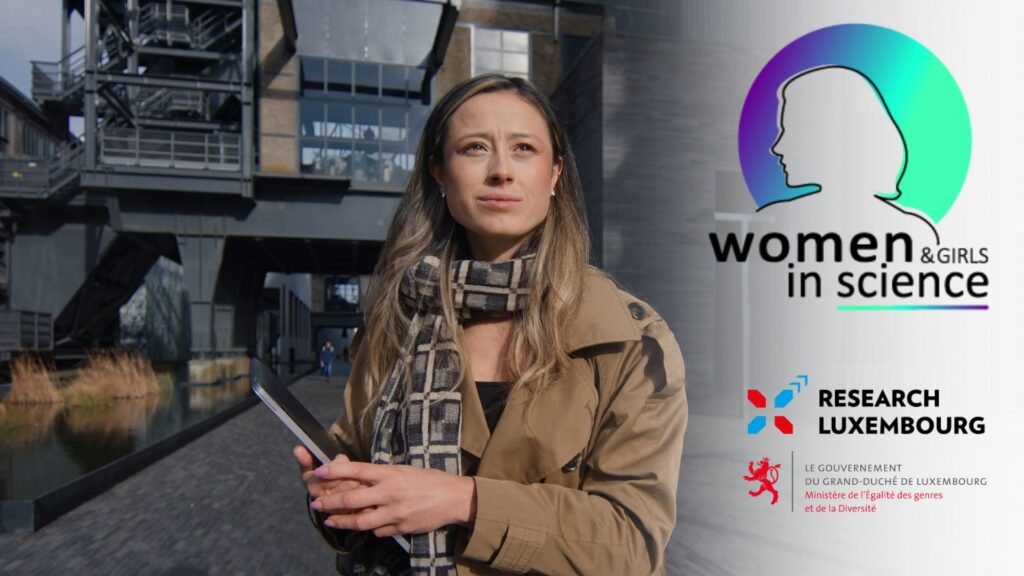Research X Philanthropy: The INDUCTIVE Case Study
22 November 2023

Philanthropy, Renewable Energy and AI
Thanks to a donation of the Enovos Foundation under the aegis of the Fondation de Luxembourg, Maxime Cordy investigates technological solutions to support and optimise the charging of electrical vehicles (EV) at home. Find out more about this research project and how philanthropic funding can represent an opportunity for researchers seeking financial support.
How can we optimise the charging of electric vehicles (EV) at home?
This is the question that the Enovos Foundation – a philanthropic foundation under the aegis of the Fondation de Luxembourg – aims to answer thanks to the philanthropic funding it has granted to Maxime Cordy, a research scientist at the Interdisciplinary Centre for Security and Trust (SnT) of the University of Luxembourg, for the INDUCTIVE research project.
The INDUCTIVE project
INDUCTIVE (Incentivised charging scheduling for electric vehicles) is a research project funded by a donation of the Enovos Foundation under the aegis of the Fondation de Luxembourg. In this project, Maxime Cordy and his team investigate technological solutions to support and optimise the charging of electrical vehicles (EV) at home, while considering the needs of the EV owner, the energy supplier and the energy distributor.
The automotive industry believes that the number of electric vehicles in circulation will continue to grow in the coming years, increasing the demand for electricity. At the same time, the production of renewable energy sources is also growing. However favourable they may be to a sustainable energy transition, both developments have an impact on the volatility of the electricity supply that markets and networks have to cope with. For example, simultaneous charging of electric cars during a period without sun and wind could increase pressure on the markets and drive up electricity prices.
While most drivers charge their electric car in the evening, some of them would agree to charge during the day or at night, or only charge the battery halfway. This flexibility could lighten the overall load of the electricity system and allow suppliers and grid operators to balance the electricity purchased.
Maxime Cordy
The INDUCTIVE project seeks solutions to control charging by harnessing flexibility. Charging could be steered towards periods of high or even excess supply in the markets in order to better balance the energy markets, bringing supply and demand closer together. These periods of oversupply generally coincide with periods of high renewable energy production. Electric vehicles could contribute to the electricity markets’ stability while allowing more efficient use of renewable energy sources. These renewable energy sources could then be directly consumed or even stored through the vehicle’s battery. The user would make storage capacity available according to his or her degree of flexibility regarding charging.
The results of the project provide a better understanding of consumer motivations, charging schedules and potential flexibility. This, in turn, enables better identification and response to electricity charging demand.
“A foot in the real world“
After obtaining a PhD in Computer Science from the University of Namur in the field of formal methods (mathematical methods) applied to software engineering, Maxime Cordy created a spin-off company that commercialises AI solutions for guided selling.
In 2018, Maxime decided to return to academia, but still wanted to keep a foot in the “real world”. Therefore, he joined SnT in January 2019 to carry out both academic research and applied research in collaboration with industry.
Thanks to this dual approach, Maxime Cordy’s research can have an impact on business and society. On the one hand, his studies support digital transformation by accompanying companies on their innovation journey with AI. It also helps them to manage the technical risks associated with the use of AI, which may later affect their business. On the other hand, a key objective of Maxime’s work is to ensure that the AI solutions developed respect people’s security and fundamental rights. Finally, this work also benefits the environment, as AI can be used in the energy sector to reduce the carbon footprint and promote renewable energy (the INDUCTIVE project is a good example).
My vision is to support society and the industry in developing complex (understand: AI) solutions effectively and reliably.
Maxime Cordy
The ENOVOS Foundation
Why the Enovos group has created the Enovos Foundation?
The Enovos Foundation was created in 2010 and reflects the Enovos motto of acting responsibly towards present and future generations, well beyond its core business as an energy supplier. The Enovos Foundation has several objectives:
- To promote and develop renewable energy production in Luxembourg and enable access to energy produced from renewable sources outside Luxembourg as well as to promote the efficient use of energy
- To make an active contribution to research in the fields of the environment and sustainable development by supporting scientific projects in the energy sector in Luxembourg, focussing on renewable energies and energy efficiency;
- Support social projects by getting involved with associations.
Through our foundation, Enovos aims to position itself as a company at the service of people and the community. The issues of energy, in particular the production of renewable energy and energy efficiency, are playing an increasingly important role in our society. The Enovos Foundation wants to make an active contribution to this.
How do you select the research projects funded by your Foundation?
An independent management committee assesses the various projects and decides on the allocation of financial resources. Since its creation in 2010, one of the pillars of the Enovos Foundation has been to contribute to research in the fields of the environment and sustainable development. The foundation therefore supports scientific projects in the field of energy. The Fondation Enovos identifies and encourages scientific projects that address the subject of energy in order to encourage the emergence of promising ideas. The focus is on sustainable development. Research into and the mobilisation of new and innovative technologies are essential if we are to put in place medium- and long-term solutions that meet the technical and economic requirements of a sustainable energy transition.
Why did you choose the INDUCTIVE project?
Decarbonising mobility is a cornerstone of a sustainable energy transition. INDUCTIVE focuses on the flexible charging of electric cars in order to optimise demand, in particular by charging cars during periods of high supply – especially when renewable energies are widely available – on the electricity markets.
If Luxembourg is to achieve its target of close to 50% electric car (EV) registrations by 2030, the energy network must be able to meet this new demand, while relying on renewable energy sources, which are subject to fluctuations that are not always predictable.
The INDUCTIVE project has taken up the challenge posed by this objective by aiming to develop technological means of optimising the recharging of electric vehicles, while taking into account the needs of users, energy suppliers and network managers (e.g. to better manage energy consumption patterns during the recharging of electric vehicles).
What does the future hold for the Enovos Foundation?
The Fondation Enovos is an integral part of our commitment beyond our activities as an energy company. Supporting scientific projects in the field of energy transition is naturally close to our hearts. The energy world continues to change, so we will certainly not run out of important projects worth supporting in this area. But our commitment within the framework of the Fondation goes far beyond this: with the Prix d’Excellence, we support the study of engineering sciences, in addition to numerous projects in the social field, which are also very close to our hearts. This commitment is important to us and it is an integral part of what we do, and it will remain so.
Supporting Research through Philanthropy
While seeking public grants is a common way for funding research, philanthropy offers a substantial opportunity to complement research endeavors.
The Fondation de Luxembourg
This is one of the primary objectives of the Fondation de Luxembourg, which is dedicated to developing specific tools and frameworks designed to encourage, support and guide donors (both individuals and companies) in making long-term commitments to significant philanthropic projects, including those related to Science and Research.
How philanthropic funding for research works
Each philanthropist defines their own objectives, based on which a call for proposals is initiated. Applications undergo evaluation by an independent jury during a preselection phase. The ultimate decision rests with the management committee of the Fondation de Luxembourg.
Following project selection, an agreement is signed between the institutions involved and the Fondation. Typically, a committee is established to oversee the project’s progress, meeting regularly, and ultimately, research outcomes are presented. Funding is disbursed in instalments, contingent on regular progress reports at various stages of the project.
Criteria for philanthropic research funding
Similar to other types of research funding, philanthropic support is subject to clear and precise criteria. Here are examples of criteria associated with a call from the Fondation de Luxembourg:
- Recognition of the research institutions.
- Independence of both researchers and research institutions.
- Researchers’ relevant experience.
- The project’s feasibility.
- How the research project benefits society as a whole.
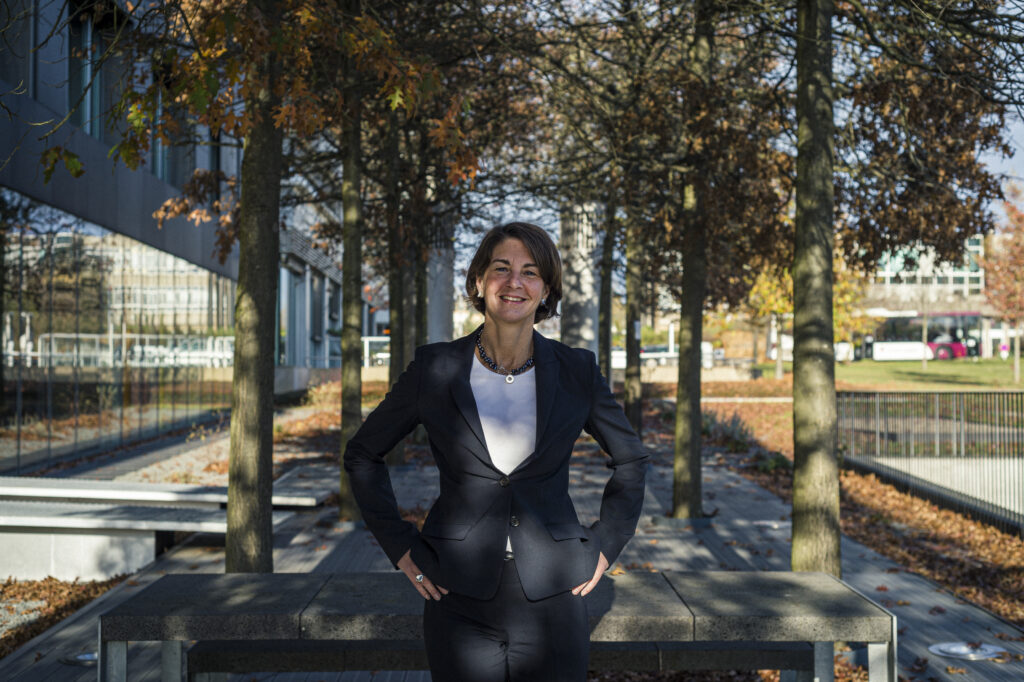
We want to make sure that the intellectual property remains with the research institution.
Tonika Hirdman, Director General Fondation de Luxembourg
©Mike Zenari
Some emblematic research projects funded under the aegis of the Fondation de Luxembourg
Cancer research – Vera Nijs & Jens Erik Rosborg Foundation
The Foundation is dedicated to promoting medical research, with a particular focus on skin cancer and epilepsy. Over the past two years, it has provided funding for an interdisciplinary project that explores the similarities between melanoma cancer and colorectal cancer.
More information: https://www.fdlux.lu/en/foundation/vera-nijs-jens-erik-rosborg-foundation
Science for Society Prize – Science for Society Foundation
The prize, created in 2021 by the Science for Society Foundation, recognizes a set of actions or efforts that effectively communicate credible scientific information to the general public.
More information: https://fdlux.lu/en/project/2023-science-society-prize-empowering-evidence-informed-public-debates
Biomedicine / Biotech research – Pélican de Mie et Pierre Hippert-Faber Foundation
One of the key aims of the Fondation du Pélican is to contribute to the funding of research initiatives in biomedicine or biotechnology, with a preference for those at the University of Luxembourg. Through the provision of scholarships and the acquisition of equipment, the foundation endeavors to advance research endeavors within Luxembourg and enhance the University of Luxembourg’s standing in this domain.
More information: https://www.fdlux.lu/en/project/pelican-grant
Neurological research – The C. Ehrnrooth Foundation
The C. Ehrnrooth Foundation has established the Ehrnrooth Fellowship at the Clinic of Neurological Surgery of the Helsinki University Central Hospital, for post-graduate studies training and research in neurological surgery and diagnostics.
More information: https://www.fdlux.lu/en/foundation/c-ehrnrooth-foundation

